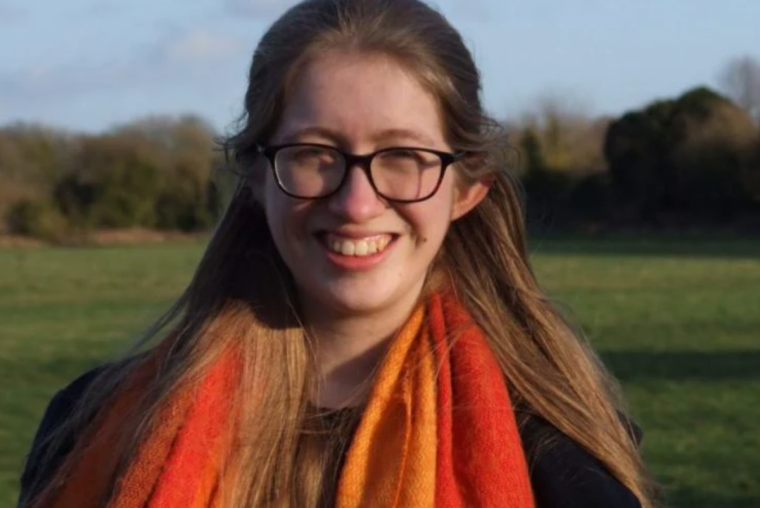Student midwife forced to suspend studies over pro-life views

Julia Rynkiewicz faced expulsion from her degree after lecturers raised concerns about her involvement with the Nottingham Students for Life (NSFL) society.
In what is believed to be the first case of its kind, the final year midwifery student was suspended from her course and became the subject of an almost four month long investigation.
During this difficult time, Julia was also banned from completing her placement at a local hospital.
As a result of the investigation against her, Julia will now graduate a year later than her fellow students but has suffered undue "stress" and a lack of financial support during the ordeal.
Last week, university officials U-turned on their decision and dismissed the case against her.
However, Julia believes that she has been unfairly targeted over her pro-life views and has raised questions over the significant procedural failures by the University.
She has issued a formal complaint against the Russell Group university and has asked for an apology "as a matter of justice" so that "they realise they have done wrong and will change it so that no one else has to go through what I have".
If the University doesn't apologise, Julia could carry her case through to the ombudsman and then on to court.
The undergraduate told The Telegraph: "I'm willing to take this as far as necessary. I think it's important to remember that being pro-life isn't incompatible with being a midwife."
She added: "It all felt a bit ridiculous and I have had to put my life on hold for a year and that's been frustrating.
"I would quite like an apology for everything they have put me through… I suppose that they have realised they have done wrong and [I hope they] will change it so no one else has to go through what I have.
"I'm going to be applying for compensation for this. I'm willing to take this as far as necessary but I suppose we will see how this goes. I think this case says a lot about freedom of speech especially regarding pro-life students."
Laurence Wilkinson, legal counsel at ADF International, a legal organisation, which supported Julia, said: "No student should have to go through this kind of daunting process.
"Julia's treatment, in this case, represents a very chilling prospect for freedom of speech on campus. Of all places, university is where students should be free to debate and explore ideas – even those with which they disagree.
"In this case, Julia's involvement with an affiliated pro-life society led to her fitness to practise being investigated. The now dismissed allegations were initially withheld from Julia, then drip-fed, and then changed before she had the chance to respond."
Julia served as president of "Nottingham Students for Life", a pro-life student society that was initially denied affiliation by Nottingham University's Students' Union.
However, following the threat of legal action, the decision was overturned in July 2019.
In what is becoming a pattern at universities across the UK, many pro-life groups have been hindered in their ability to speak freely and enjoy the same benefits as other student societies.
Student representative bodies at Aberdeen University, Glasgow University, Nottingham University, and at Strathclyde University have all had to reverse their decisions to refuse affiliation to pro-life groups after the groups raised the prospect of legal proceedings.
In 2018, the UK's Joint Committee on Human Rights released a report on Freedom of Speech in Universities, which criticised growing restrictions on free speech and the new phenomenon of 'no-platforming' policies on UK campuses and the exclusion of pro-life views.
A spokesperson for Right to Life UK Catherine Robinson said: "Universities were once considered a key forum in which ideas and opinions could be discussed and argued, however, more and more we are seeing attempts to censor the pro-life view from being discussed on campus.
"This behaviour sets a dangerous precedent for freedom of speech and expression more generally."
The growth in pro-life student groups reflects the shifting public attitude towards abortion in the UK. A 2017 Savanta ComRes poll revealed that 72% of the UK public oppose introducing further extreme abortion legislation to the UK.
This article first appeared at https://righttolife.org.uk/ and is published here under a Creative Commons licence.











